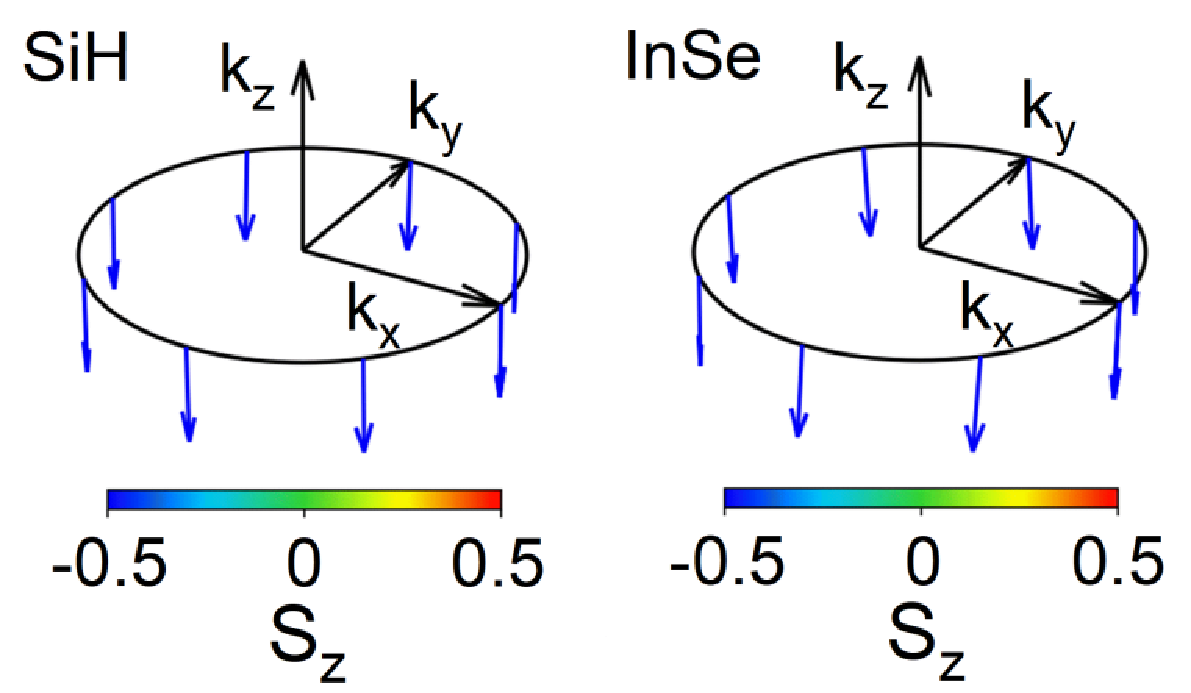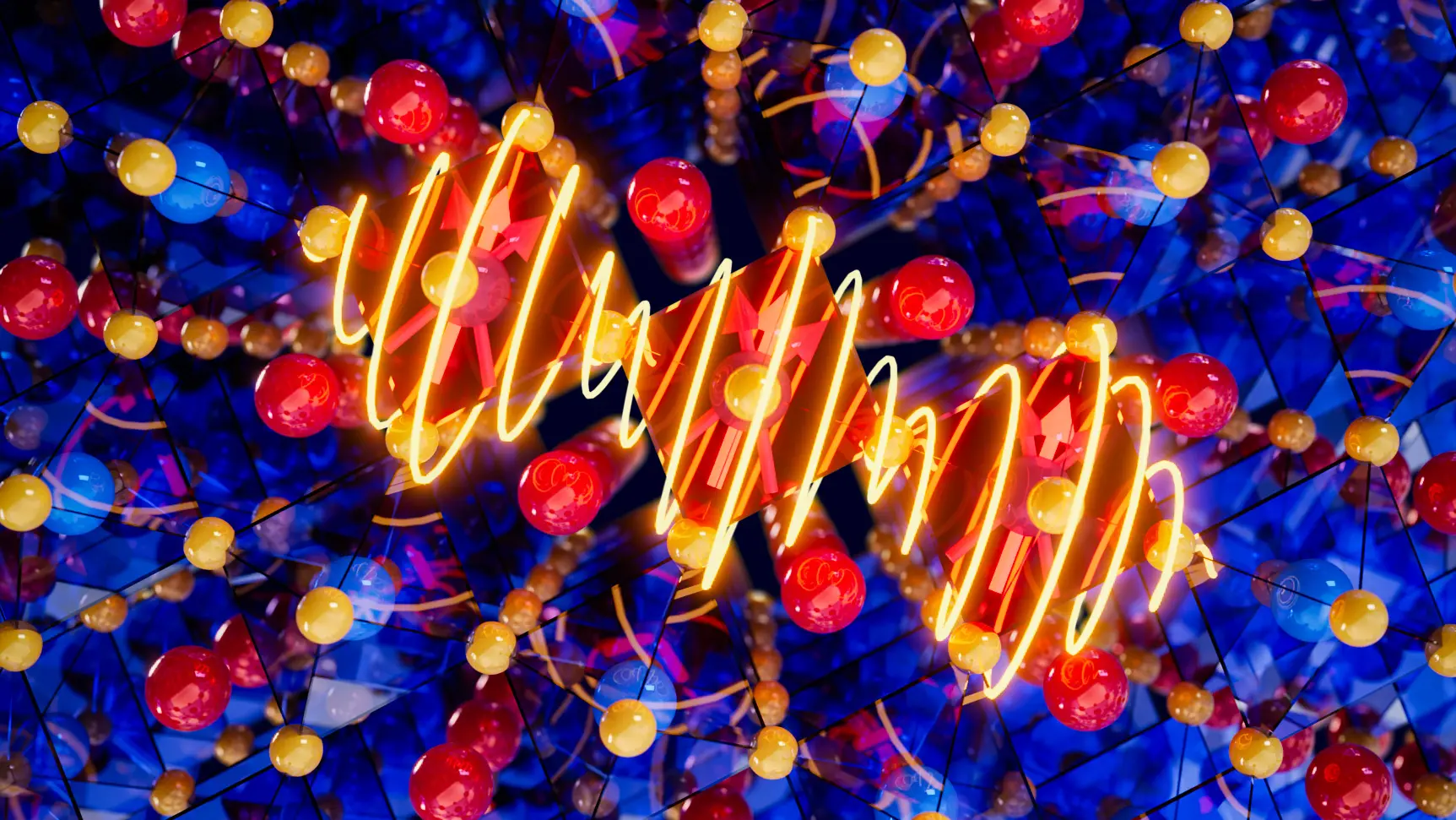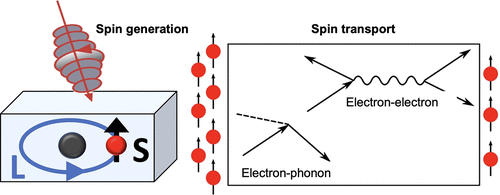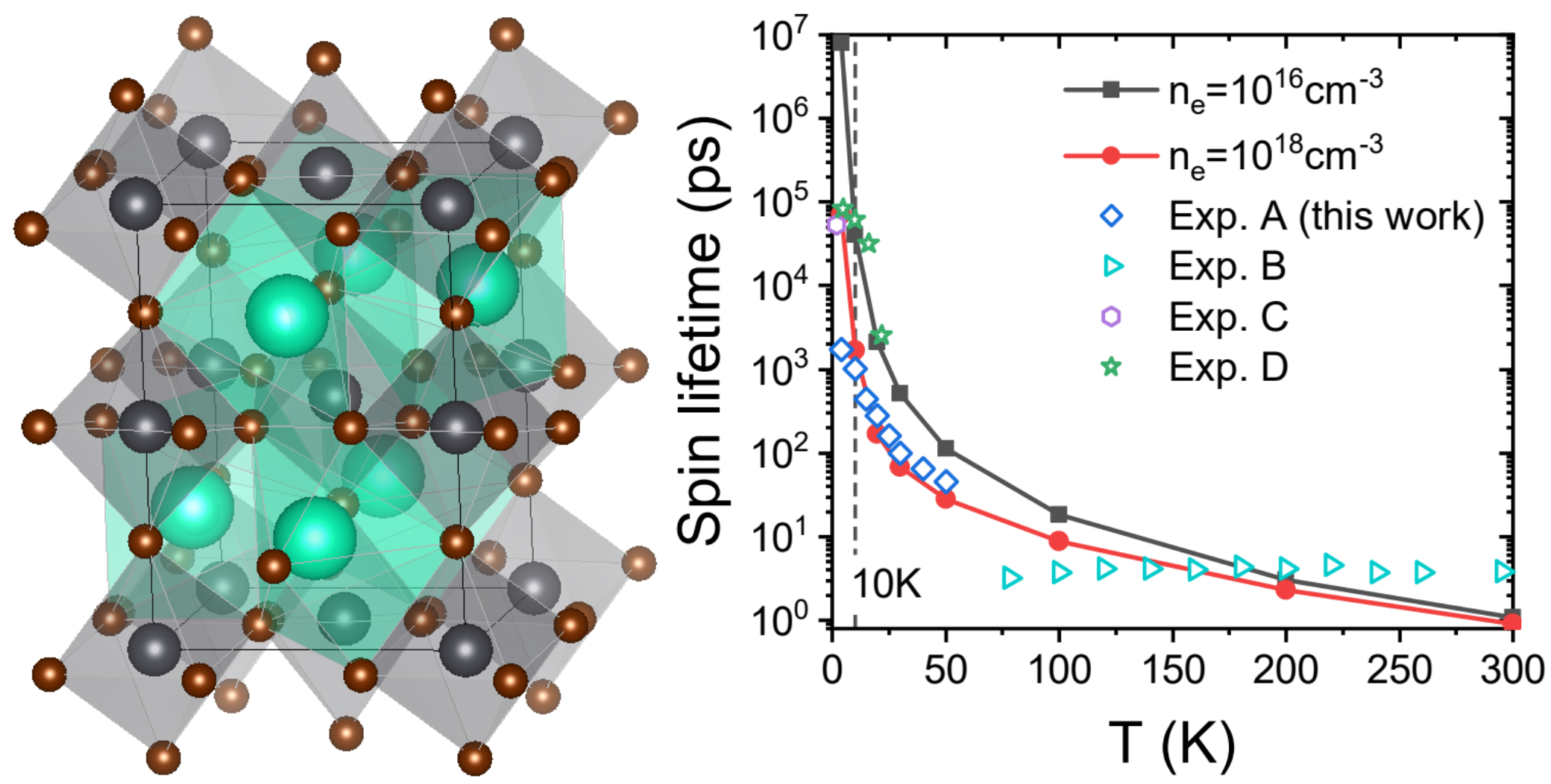Congratulations to Dr. Junqing Xu and Prof. Yuan Ping for their work on “Substrate Effects on Spin Relaxation in Two-Dimensional Dirac Materials with Strong Spin-Orbit Coupling”, published in npj Computational Materials! Link to the published article.
Abstract:
Understanding substrate effects on spin dynamics and relaxation in two-dimensional (2D) materials is of key importance for spintronics and quantum information applications. However, the key factors that determine the substrate effect on spin relaxation, in particular for materials with strong spin-orbit coupling, have not been well understood. Here we performed first-principles real-time density-matrix dynamics simulations with spin-orbit coupling (SOC) and quantum descriptions of electron-phonon and electron-impurity scattering for the spin lifetimes of supported/free-standing germanene, a prototypical strong SOC 2D Dirac material. We show that the effects of different substrates on spin lifetime (τs) can surprisingly differ by two orders of magnitude. We find that substrate effects on τs are closely related to substrate-induced modifications of the SOC-field anisotropy, which changes the spin-flip scattering matrix elements. We propose a new electronic quantity, named spin-flip angle θ↑↓, to characterize spin relaxation caused by intervalley spin-flip scattering. We find that the spin relaxation rate is approximately proportional to the averaged value of sin2(θ↑↓/2), which can be used as a guiding parameter of controlling spin relaxation.





